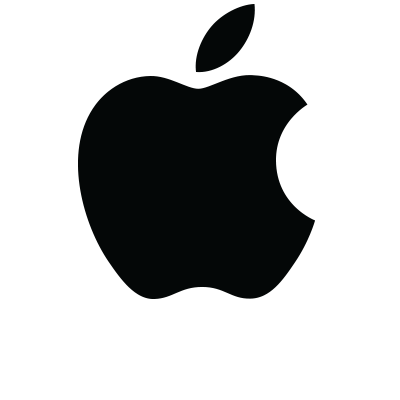
Security Certifications and Compliance Center
The Security Certifications and Compliance Center has been moved to a new guide called Apple Platform Certifications. Please update your bookmark.

The Security Certifications and Compliance Center has been moved to a new guide called Apple Platform Certifications. Please update your bookmark.